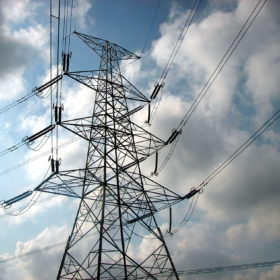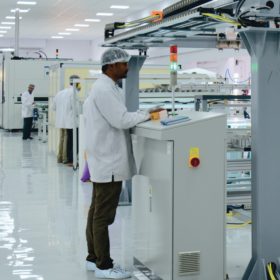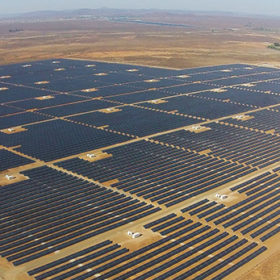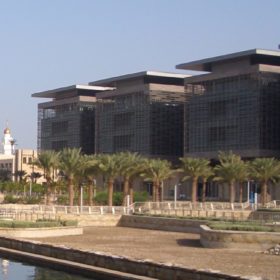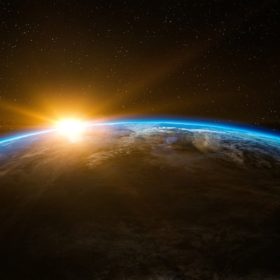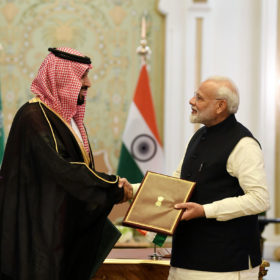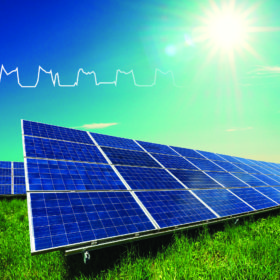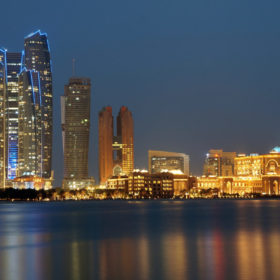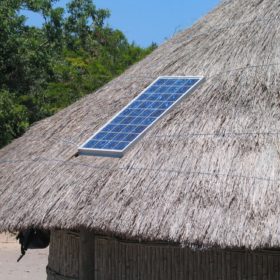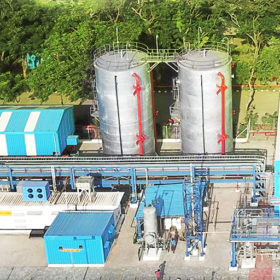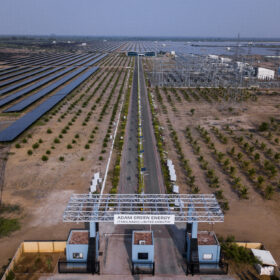Qatar Investment Authority buys 25.1% stake in Adani Electricity Mumbai
The total QIA investment in AEML is Rs 3220 crore (US$ 452 million), which includes equity consideration of Rs 1210 crore (US$ 170 million) and shareholder subordinated debt of Rs 2010 crore (US$ 282 million).
IndianOil buys stake in Israel’s Phinergy for manufacturing of aluminium-air batteries
The joint venture will set up a factory in India to manufacture Al-Air batteries for electric vehicles and stationary applications and facilitate development of eco-system for Al-Air technology.
India’s solar cell and module exports grow 157% in eight months
Following a dip in the last fiscal year, the value of cell exports saw a massive surge to an estimated Rs133,000 lakh from April to November. Exports to the U.S. tripled during the eight-month period as shipments to Turkey and Belgium rebounded to become the next two biggest export markets.
Sterling and Wilson Solar wins Middle East award for utility-scale project
The Mumbai-based solar EPC solutions provider has to its credit 9.2 GWp of solar power projects (commissioned and under construction) globally, including 3.05 GWp in the MENA region.
Stretching exercises for crystalline silicon solar cells
Researchers from Saudi Arabia’s King Abdullah University of Science and Technology have created flexible solar cells made of crystalline silicon. They claim to have stretched a crystalline silicon cell’s surface by around 95% while maintaining conversion efficiency of around 19%.
‘India will add 14 GW of solar this year’
The annual global outlook report for solar published by IHS Markit notes there was no real uptick in the amount of new capacity added last year, compared with the returns seen in 2018. That is likely to kill any hope India has of overtaking the U.S. as the world’s second biggest solar market in 2020.
Renewable energy MoU with Saudi Arabia gets cabinet nod
Project development and value chain localization are the focus areas for cooperation between the two countries.
DST calls for Indo-Israel joint research on solar energy and storage
December 5 is the last date to submit proposals for the joint research program on advanced materials for next-generation solar energy utilization and energy storage that will sponsor around 10 projects. The maximum funding available for all research projects approved is Rs40 million for the Indian side and 4,000,000 NIS for the Israeli side, for a period of two years.
Abu Dhabi’s Masdar invests $150 milion in Hero Future Energies
The clean tech company will use the amount to fund its expansion as it plans to reach 5 GW of solar capacity in the next two or three years.
Off-grid solar sector witnesses sales of 4.1 million products in six months
Industry body Gogla and the World Bank’s Lighting Global program said the last six months set a record for off-grid solar deployment. Solar home systems and other small off-grid appliances are being used in ever larger numbers.
